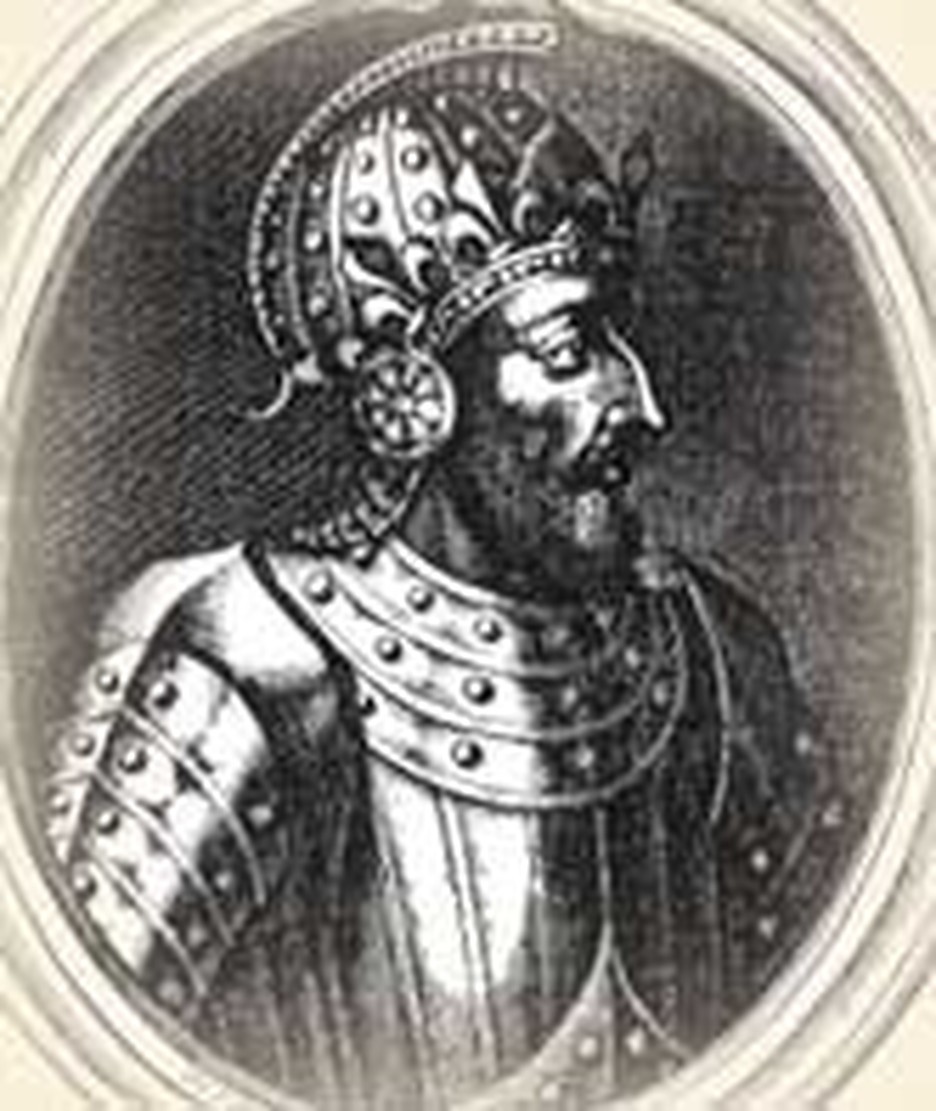
They came into existence as an order of fighting monks dedicated to protecting the Christians who visited the Holy Land. St. Bernard of Clairvaux, teacher of Christian love, wrote their rule. Sworn to poverty, they became rich with lands and the proceeds of banking. They were the Poor Knights of Christ and of the Temple of Solomon, more commonly known as the Knights Templars.
Like the Teutonic Knights and Knights Hospitalers, they quickly grew beyond their original purpose. The Templars moved from defending pilgrims to defending fortresses in the Mideast with great valor. So esteemed were they as fighters, they paid with their lives when captured, for their Muslim foes sometimes singled them out for execution. Entrusted with conveying money to far lands, they came to wield great political and economic power.
A series of blunders lowered their prestige. They were blamed for the failure of the Second Crusade and the loss of Jerusalem in 1187. After the loss of Jerusalem, Templars returned to Europe. Their castles became repositories of the wealth of Europe, bank vaults, protected by sword and spear, the only place a rich man could be sure his gold was safe. Rivals eyed them with envy. Nations feared their international military might.
Gossip, fueled by greed, began to be whispered. Templars, it was said, provided loopholes to wealthy individuals who had been excommunicated--for a fee of course--making a mockery of penitential discipline. In their castles, whispered others, they worshipped idols and spat on the crucifix.
Philip the Fair of France itched to get his hands on Templar wealth. He tried to get the Pope to take action. When the Pope would not move, believing no action was called for, Philip arrested every Templar in a single day. He tortured them into confessing all sorts of wrongs against themselves and their order. With this "proof" Pope Clement V was prodded into action.
He called a council at Vienne. A commission was set up to study the problem. It recommended that the Templars be heard in person. After Philip arrived, the nervous commission changed its mind and on March 22, 1312 voted overwhelmingly to abolish the Templars. Clement V refused to condemn the knights. In a decision withheld until April 3rd, he merely dissolved them as a managerial step. For the most part their property was to go to the Knights Hospitalers. Philip seized their French assets.
As for the knights, many of those who recanted the confessions forced from them under torture were burned as heretics, 54 of them in one day. Their master was sentenced to life imprisonment. Relieved, he repudiated the lies he'd been forced to tell. At once he, too, was seized and burnt.




